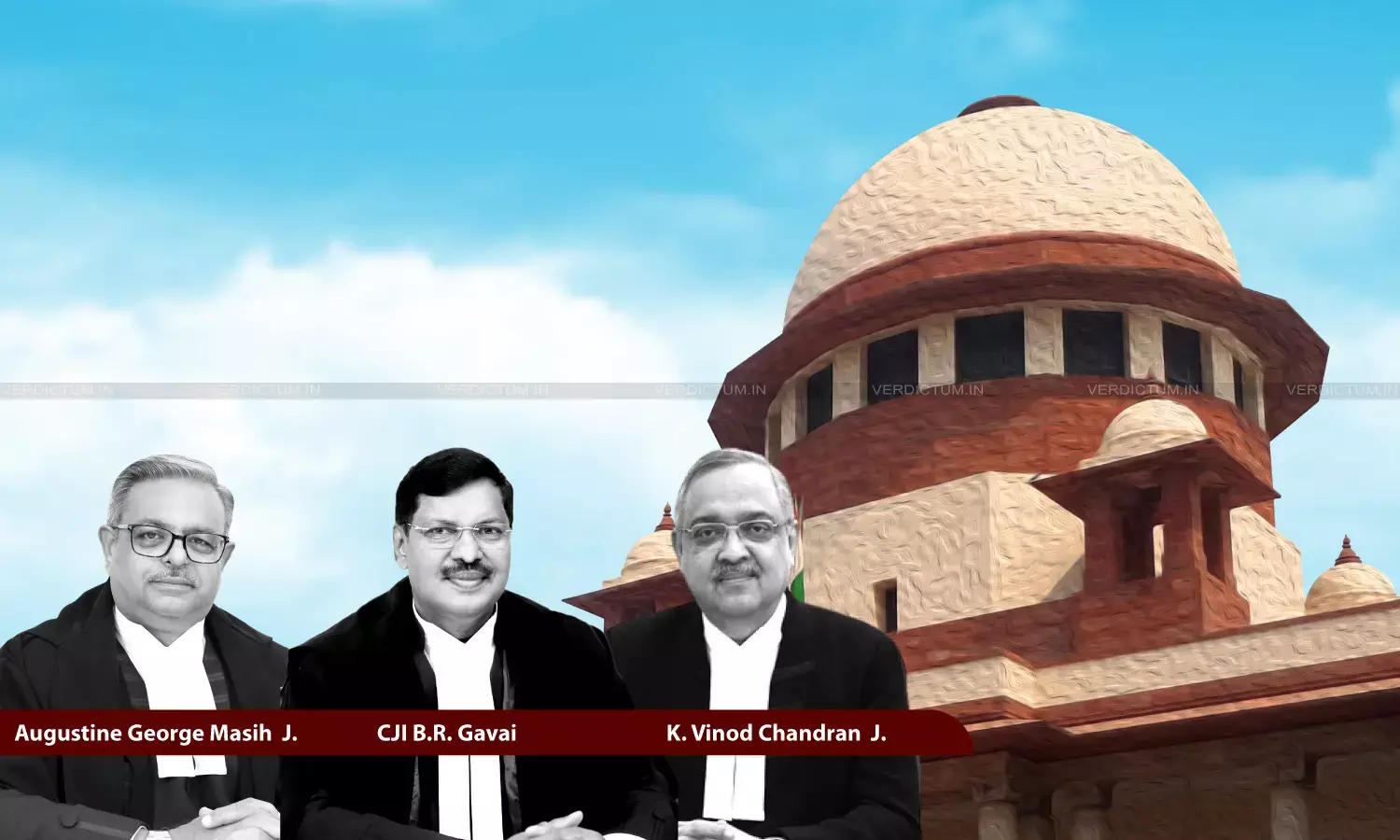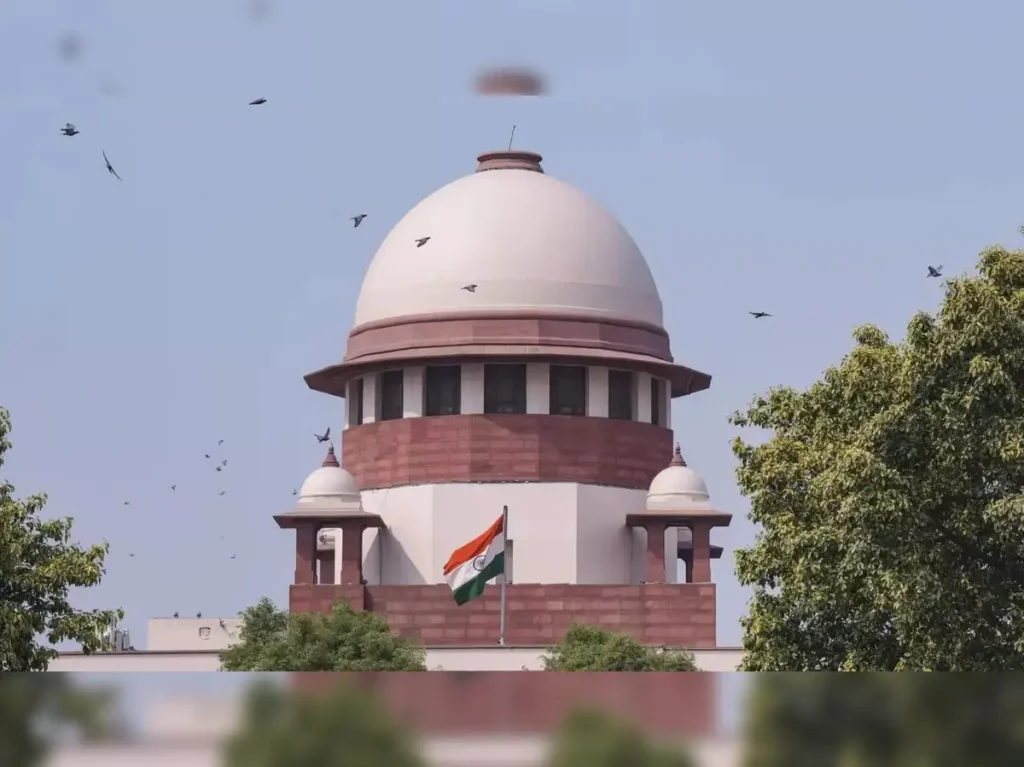In a major clarification impacting thousands of law aspirants across India, the Supreme Court on Monday declared that its May 20 verdict—mandating a minimum of three years of legal practice for candidates appearing in judicial service exams—will apply prospectively, safeguarding all recruitment processes that had already been initiated before the judgment.
A bench led by Chief Justice B R Gavai, along with Justices K Vinod Chandran and N V Anjaria, made the observation while hearing a petition challenging the May 14 recruitment notification issued by the Jammu and Kashmir Public Service Commission (JKPSC). The petitioners, including six practising lawyers, argued that the JKPSC had bypassed the Supreme Court’s directive by not incorporating the three-year practice rule.
However, the apex court rejected the argument, maintaining that its May 20 ruling was forward-looking and not intended to disrupt ongoing or previously announced recruitment cycles.
“We have clearly stated in the judgment that the three-year rule will not apply to any process already underway. It will come into effect from the next recruitment year,” said CJI Gavai during the hearing.

The ruling settles the confusion that followed the court’s May 20 decision, which effectively disqualified fresh law graduates from entering the judiciary directly through entry-level examinations. The judgment was seen as a move to uphold the quality of the judiciary by ensuring that candidates had adequate courtroom exposure before being considered for judicial roles.
Legal experts hailed the court’s clarification as a balanced approach, allowing aspiring judges already in the application pipeline to proceed while ensuring future entrants bring practical legal experience to the bench.
This development is poised to shape future judicial selections and elevate the professional standards of India’s judiciary, aligning with the long-standing demand for more experienced judicial officers.


